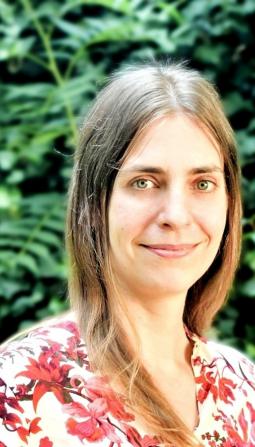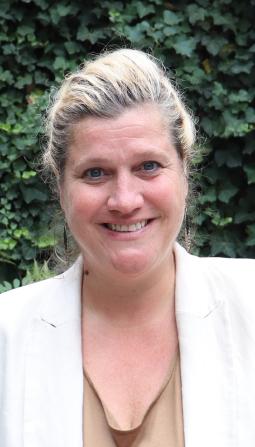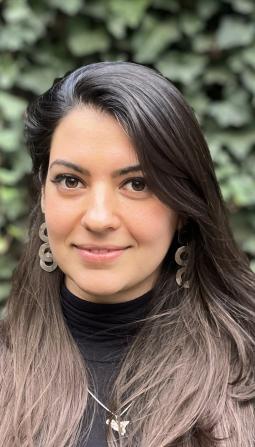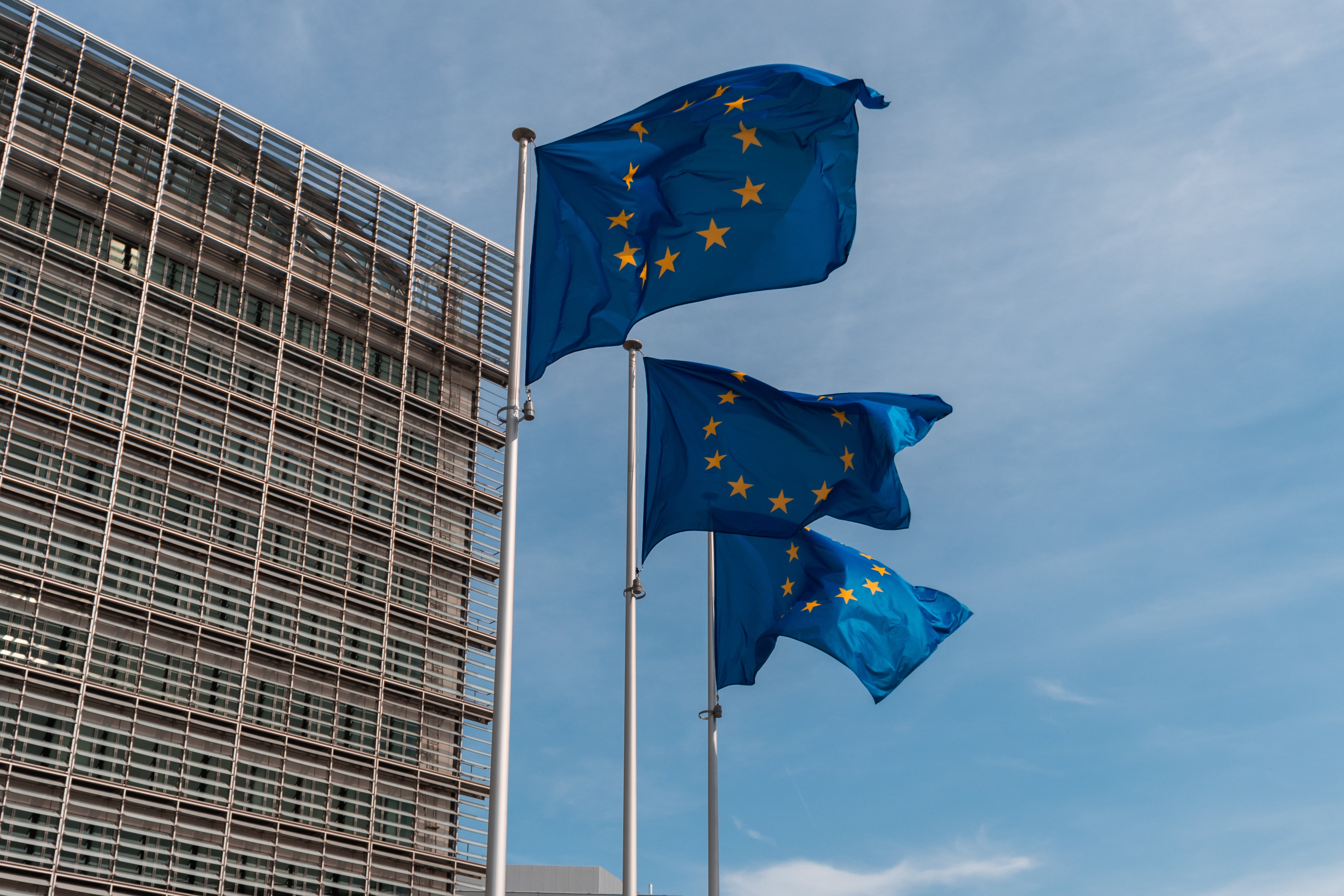
Policy WG meeting: Ecosystems in FP10
The ecosystem approach has been at the heart of ERRIN and its policy work. It was one of the four main areas of focus of ERRIN's input to the Horizon 2014-2027 public consultation last year, and is among the main issues that we wish to address in the development of the next European Framework Programme for R&I.
As ERRIN continues its work around FP10, this Policy Working Group meeting will therefore focus on the ecosystem approach moving forward, offering a chance for interactive discussion. The insights from the exchange will be used towards the bottom-up drafting of an ERRIN paper on ecosystems within the ERRIN paper series "Towards the 10th Framework Programme".
More details and agenda will be shared closer to the meeting date.
In order to attend the event, please register by pressing the “Register” button on this page. Please note that you need to be logged in to register and that due to its participatory character and limited room capacity, the meeting is in first place open to colleagues with knowledge of the R&I policy and the Framework Programme (trainees may therefore not be able to attend).
- 12/09/2024 - 10:00 - 12/09/2024 - 12:00
-
ERRIN
Rue du Luxembourg 3 (8th floor)
1000 Brussels
Belgium - Ewa Chomicz
-
Working Group
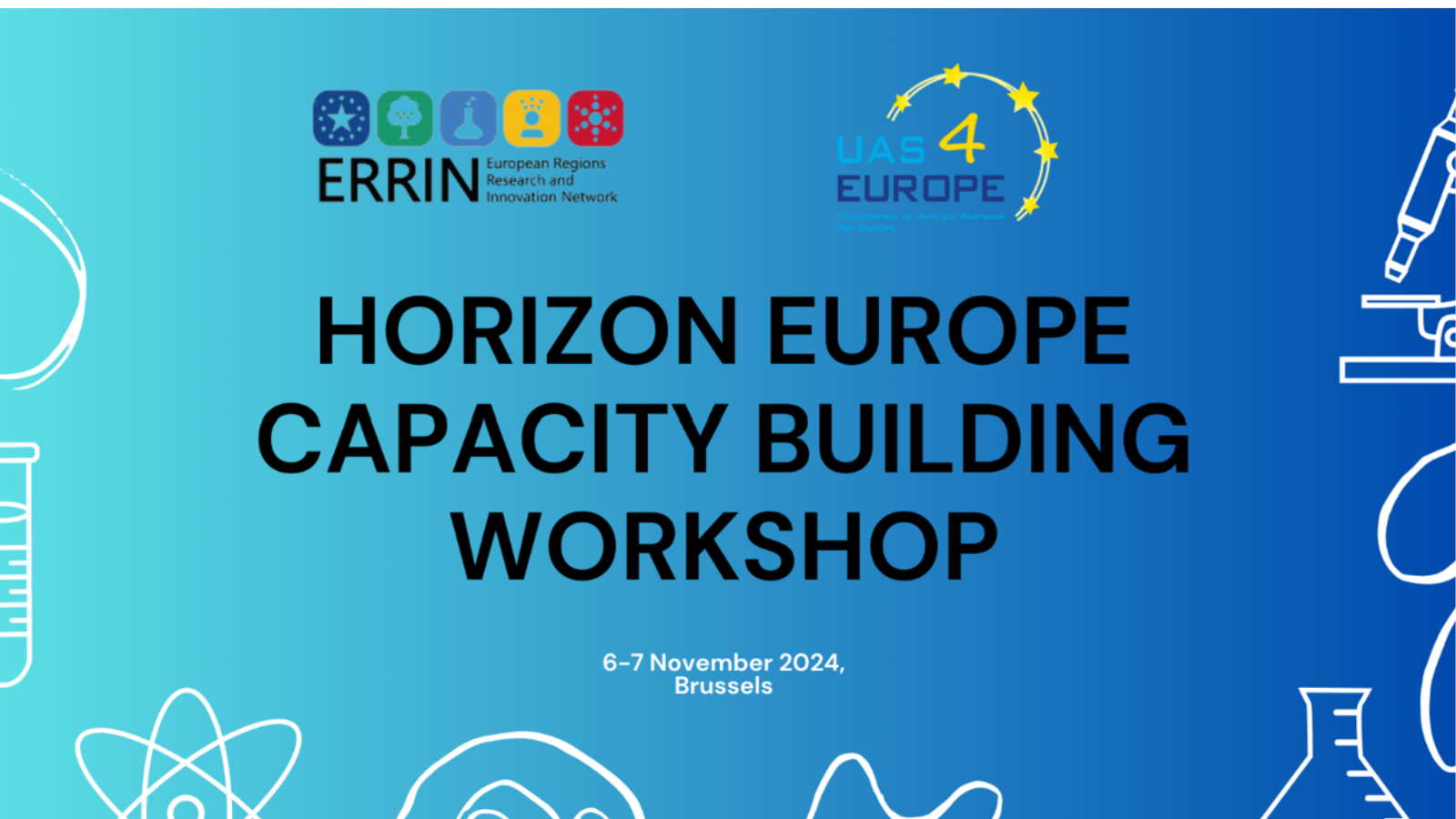
UAS4EUROPE and ERRIN Horizon Europe Proposal Workshop
ERRIN and UAS4EUROPE are co-organising a Horizon Europe Proposal Workshop with the focus on capacity building for applicants interested in applying for Horizon Europe’s Pillar 2.
This will be a hands-on and interactive workshop supporting newcomers to the programme by demystifying proposal preparation for collaborative research calls in Horizon Europe. A Horizon Europe evaluator will share practical insights, do’s and don’ts from an evaluators’ perspective, and successful applicants will share their experience.
During this workshop, participants will learn about ERRIN’s project development tool, which is a very easy tool for targeted partner searches and consortium building within the wide ERRIN-network of R&I stakeholders coming from 120 regions in 22 European countries. The workshop will provide a unique networking opportunity for paving the way for strong partnerships, and possibly some more targeted follow-up sessions in 2025 for consortium building for specific calls. The workshop targets scientists and research managers and administrators at Universities of Applied Sciences (UAS), public administrators and other stakeholders involved in regional innovation ecosystems.
What to expect?
- Interactive workshops to demystify proposal preparation for collaborative research calls in Horizon Europe.
- Hands-on sessions from Horizon Europe experts and evaluators to boost future project proposals
- Targeted networking opportunities to build strong partnerships.
Who should attend?
- Scientists and research managers at Universities of Applied Sciences (UAS)
- Public administrators, policy officers and actors involved in regional innovation ecosystems
More information on the agenda and registration will be available after the summer break.
- 06/11/2024 - 12:00 - 07/11/2024 - 14:00
-
ERRIN
Rue de Luxembourg 3
1000 Brussels
Belgium - Astrid Hannes
Astrid Hannes
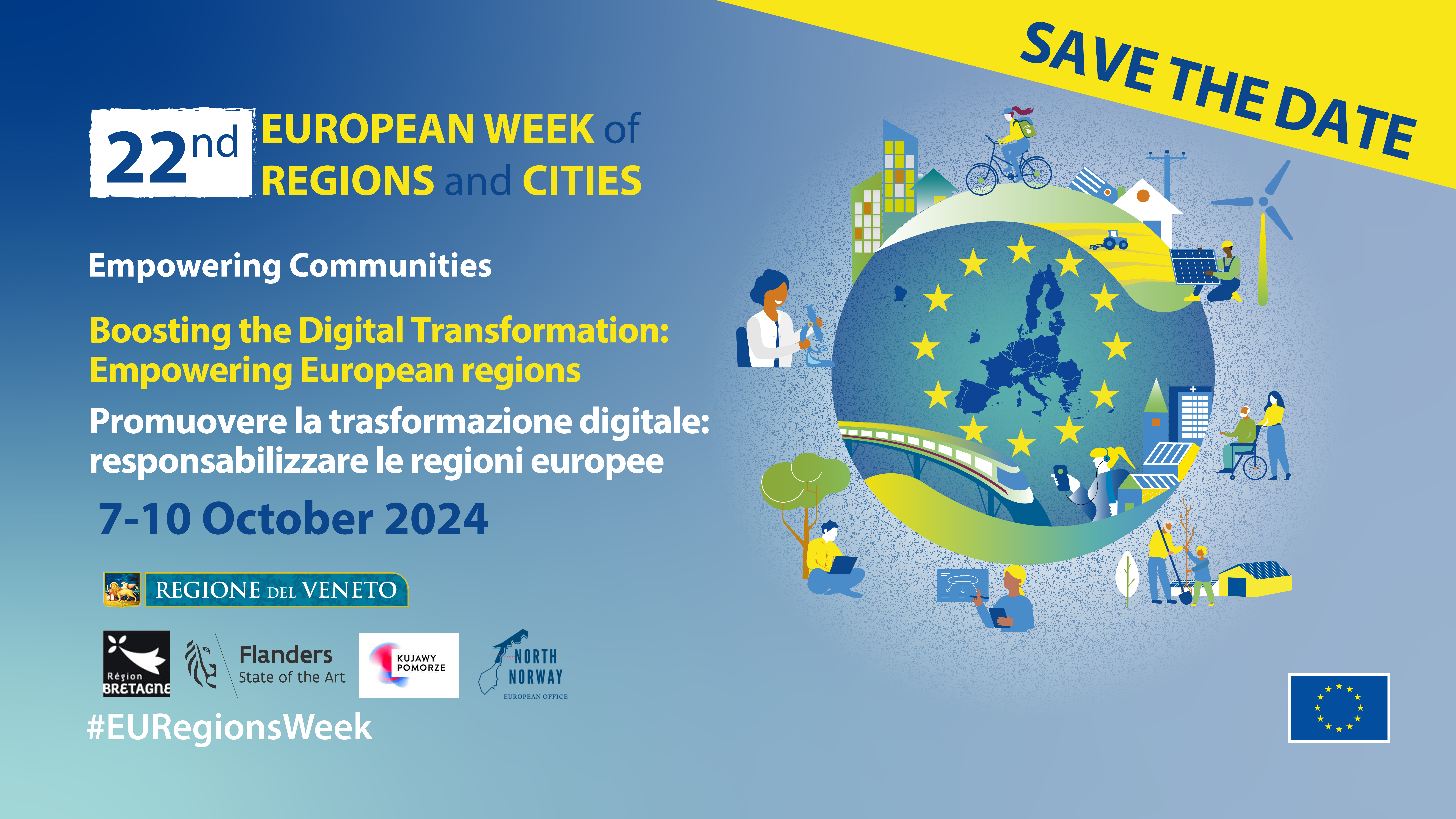
European Week of Regions and Cities 2024 Workshop "Boosting the Digital Transformation: Empowering European regions"
The workshop "Boosting the Digital Transformation: Empowering European Regions", will be held on 9 October at 11:30 A.M. at the COR premises in the framework of the European Week of Regions and Cities.
The panel includes regional ministers and governors who will delve into Europe's digital transition in a regional context. Exploring strategies, challenges and success stories, the aim is to equip participants with the insights and tools necessary to steer their transformative journeys.
The workshop will be organised by representatives of European regions: Veneto (Italy), Kujawsko-Pomorskie Region (Poland), Brittany (France), North Norway (Norway) and Flanders (Belgium).
To learn more and to register, click here.
- 09/10/2024 - 11:30 - 09/10/2024 - 13:00
-
European Committee of the Regions (CoR)
Batiment Jacques Delors, Rue Belliard 99/101
1040 Bruxelles
Belgium - Valentina Srbuljevic
"EURegionsWeek close to you" Workshop on Good management of EU Cohesion policy for a strong EU democracy
Workshop description :
Local projects financed by EU Cohesion policy represent the most visible aspect of the EU to citizens. However, the perceived complexity of EU Cohesion policy financing can have a negative impact on public perception of the EU. Therefore, it is the responsibility of local and regional authorities tasked with implementing EU Cohesion policy funds to ensure that beneficiaries, and ultimately citizens, are satisfied with their experience with EU Cohesion policy funds.
This workshop aims to explore concrete measures and actions that local and regional authorities can take to enhance the effective management of EU Cohesion policy. The outcomes will significantly contribute to the ongoing debate on the future of EU Cohesion policy.
Agenda :
- From 9 A.M.: Registration and coffee
- 9:30 Welcome, Hortense Lutz-Hermellin, Head of Representation of the Auvergne Rhône-Alpes Region in Brussels
- 9:45 Anabela Santos, Francesco Molica, Joint Research Centre (JRC) of the European Commission
- 10:00 Fabian Gal, Directorate for European Funds, Auvergne Rhône-Alpes Region, Researcher at the University of Rennes
- 10:15 Cristina Zerbinati, Researcher at the University of Padua, Councillor of the Municipality of Fiesso Umbertiano and Member of Building Europe with local councillors network
- 10:30 Ann-Kerstin Myleus, Deputy Head of Unit, European Commission, DG REGIO – Administrative Capacity Building and Solidarity Instruments
- 10:45 Q&A and wrap-up
Moderator: Fabian Gal, Directorate for European Funds, Auvergne Rhône-Alpes Region, Researcher at the University of Rennes
Registration: EWRC@auvergnerhonealpes.fr
Your registration for our workshop on "Good management of EU Cohesion policy for a strong EU democracy" requires the processing of personal data that you agree to send us to confirm your participation. To this end, only your surname, first name, valid e-mail address and position in your organisation will be collected. Authorised persons from the European Funds Department of the DGA - Environment, Europe, International, Local Life and Security can access your details. This information will be kept for three months after our event and then deleted. You have the right to access, rectify, limit and delete your data, and the right to withdraw your consent at any time. If you have any questions about exercising your rights, please contact EWRC@auvergnerhonealpes.fr or the data protection officer at DPO@auvergnerhonealpes.fr, providing proof of your identity. If, after contacting us, you feel that your rights with regard to your data have not been respected, you can lodge a complaint with the supervisory authority: CNIL, 3 place de Fontenoy - TSA 800715 - 75334 Paris cedex 07 or at www.cnil.fr.
- 08/10/2024 - 09:00 - 08/10/2024 - 11:00
-
Délégation de la Région Auvergne-Rhône-Alpes à Bruxelles
11 Pl. des Barricades
1000 Bruxelles
Belgium - Rose BERGÉ
-
Working Group
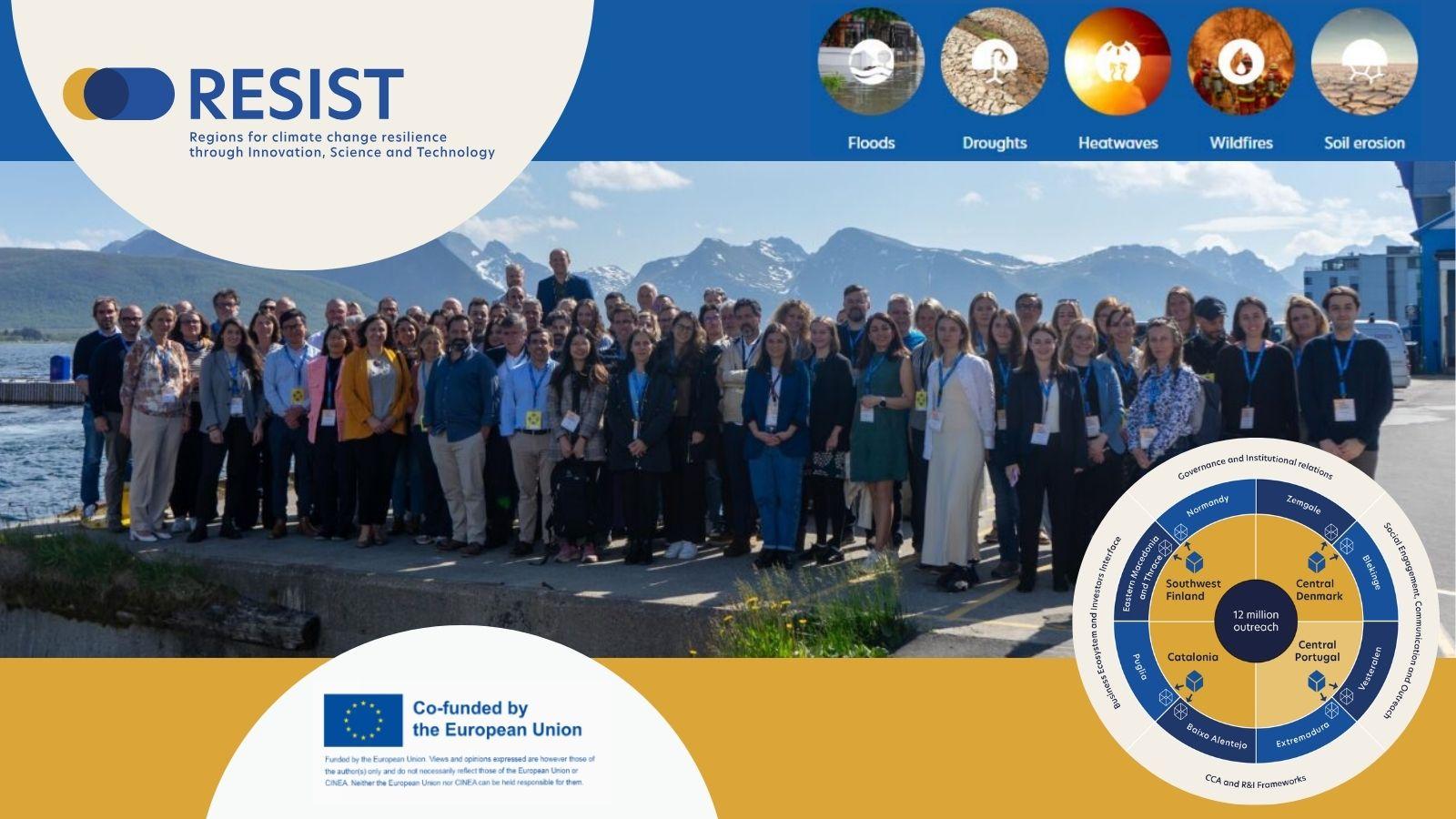
A year and a half of building resilience together – RESIST project wrapped
The RESIST project has started its pathway to support twelve regions across the EU in their efforts to build resilience against the impacts of climate change. Three ERRIN members, Southwest Finland, Central Denmark, Catalonia, and the fourth region of Central Portugal are the frontrunner regions (Large-Scale Demonstrators - LSDs) testing adaptation solutions to key climate-related challenges. Each of these four regions is paired with two other regions facing similar challenges.
The project follows the "quintuple helix" innovation model, which emphasises the role of interactions between academia, business, government, citizens and the environment. This ensures the delivery of scalable solutions based on real challenges and needs.
The project aims to develop and test over 100 new climate adaptation solutions through mutual learning activities and immersive digital twins.
RESIST Wrapped: What has happened so far?
- Boosting regional ecosystems: The RESIST project has encouraged quadruple helix regional and local authorities to engage with their local stakeholders to test new technical, social, and governance solutions promoting cross-sector and multi-stakeholder collaboration.
- Needs assessment for climate adaptation: A methodology for assessing the needs of the regions was developed.
- Transfer Methodology: The RESIST regions are currently defining the innovations that will be transferred to the Twinning regions. A methodology for transferring climate-adaptation innovation will be released in December 2024.
- Graphical Digital Twins: RESIST regions started their work to build digital twins to model how different climate change scenarios will impact societal and environmental systems in the real world. These digital models and predictions will help the regions develop more effective, targeted and financially sound climate solutions and strategies.
- Repository of innovations: A repository of climate change adaptation (CCA) innovative practices is being developed to allow easy access to information about solutions, tools, and technologies implemented in various regions.
- Project Videos: A series of 12 project videos have been issued. These videos include cartoons, interviews, and explanatory content to provide insights into the project.
- The Stitch Newsletter: The Stitch" is the RESIST newsletter designed to keep the stakeholders informed about the latest project developments, relevant news, events, and updates on climate adaptation pathways.
- Gaia Ialisa Marotta
- 11/07/2024
-
Working Group
Gaia Ialisa Marotta
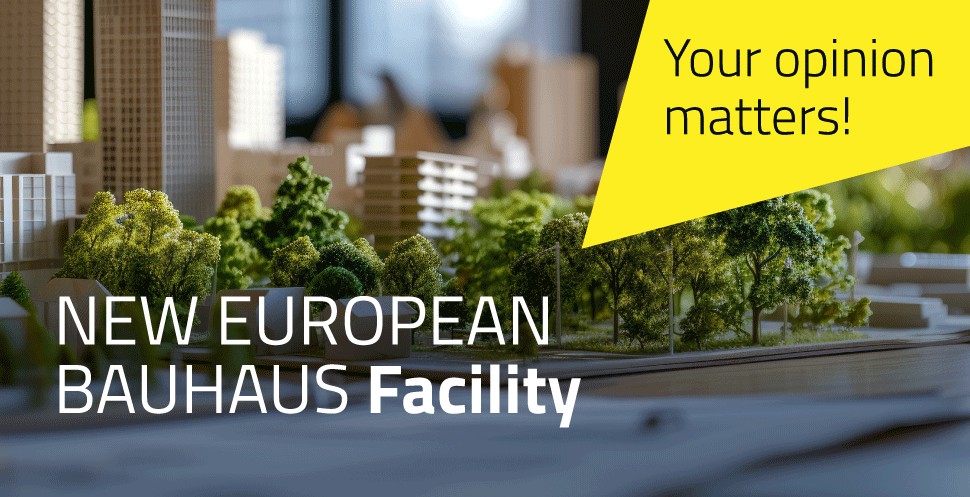
Have your say on the New European Bauhaus Facility
The NEB Facility is a unique, multi-annual EU funding tool that aims to transform neighbourhoods through design for sustainability and inclusion. The consultation seeks to gather information on specific needs for development and transformation on the ground as well as the most cutting-edge ideas required for the comprehensive transformation of neighbourhoods for the better. This will help the Commission develop the roadmap that will guide the facility’s implementation in the 2025-27 period.
The NEB Facility, established in the Horizon Europe 2025-27 Strategic Plan, covers the full cycle of implementation of solutions for neighbourhoods by combining two components: a Research and Innovation part funded by some €120 million per year of Horizon Europe funds, and a roll-out part, with a similar budget ambition as the R&I component, delivered through investments across different EU programmes. From a research and innovation standpoint, the facility has three focus areas, whose joint impact is highly relevant for the NEB: connecting the green transformation, social inclusion and local democracy; circular and regenerative approaches for the built environment; and innovative funding and new business models for the transformation of neighbourhoods. To deliver NEB-inspired transformation at scale, the roll-out component will combine EU, public and private funding to deploy innovative solutions, support education, re- and up-skilling, provide capacity-building, and more.
Please fill in our questionnaire . Your contributions are welcome until 17 September 2024.
More information on the NEB Facility is available in this scoping document.
- Francesca Pozzebon
- 12/07/2024
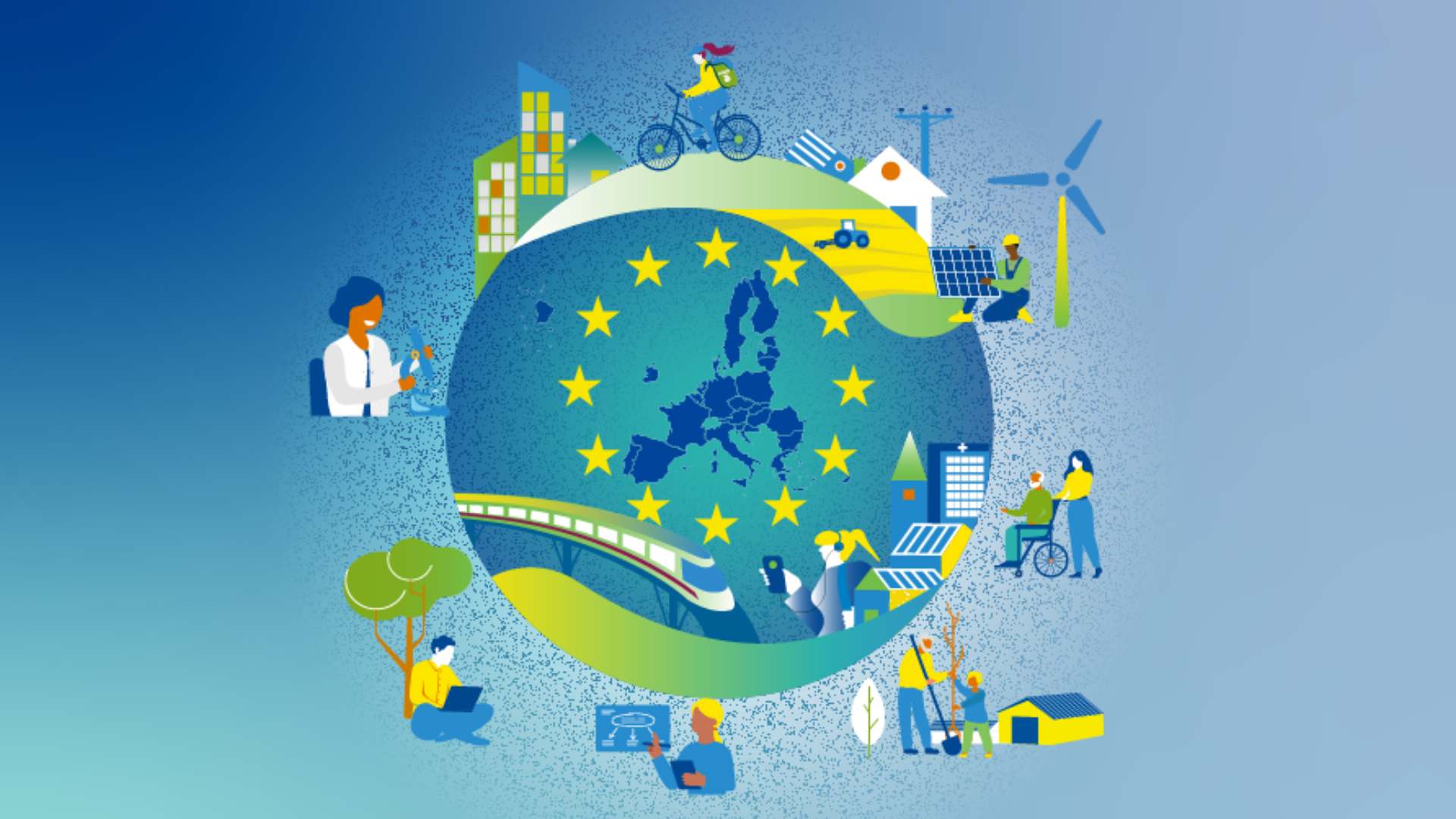
European Week of Regions and Cities
The 2024 edition of the European Week of Regions and Cities is taking place from 7-10 October in Brussels.
Under the motto "Empowering Regions", - thousands of local and regional administrations and authorities, EU institutions, young politicians, academics, NGOs and private sector representatives will gather in Brussels to share knowledge, experiences and ideas on how to bring forward practical and territorial aspects linked to the Cohesion Policy.
Registration is now open.
For further information on the programme, the partners and how to participate, click here.
- 07/10/2024 - 14:00 - 10/10/2024 - 16:30
-
Albert Borschette Congress Center, AB-4C
Rue Froissart 36
1040 Brussels
Belgium - Daniele Ruggiano

How knowledge ecosystems can enhance a sustainable and eco-friendly development of European regions
This session held on 9 October 2024 from 11:30-12:30 in person in Brussels in the frame of the European Week of Regions and Cities 2024 will explore how place-based innovation and knowledge ecosystems can give a specific priority and effectively contribute to the goal of environmental sustainability and the green transition in European regions, and how this contribution could potentially grow further. Speakers will discuss experiences from the ERA_FABRIC project and share a toolbox of best practices for researchers, innovators, industry and institutions across Europe.
ERRIN's Director Pirita Lindholm who is part of the ERA_FABRIC Advisory Board will take part in the event as speaker.
Learn more and register here.
- 09/10/2024 - 11:30 - 09/10/2024 - 12:30
-
Albert Borschette Congress Center, AB-4A
Rue Froissart 36
1040 Brussels
Belgium - Ewa Chomicz
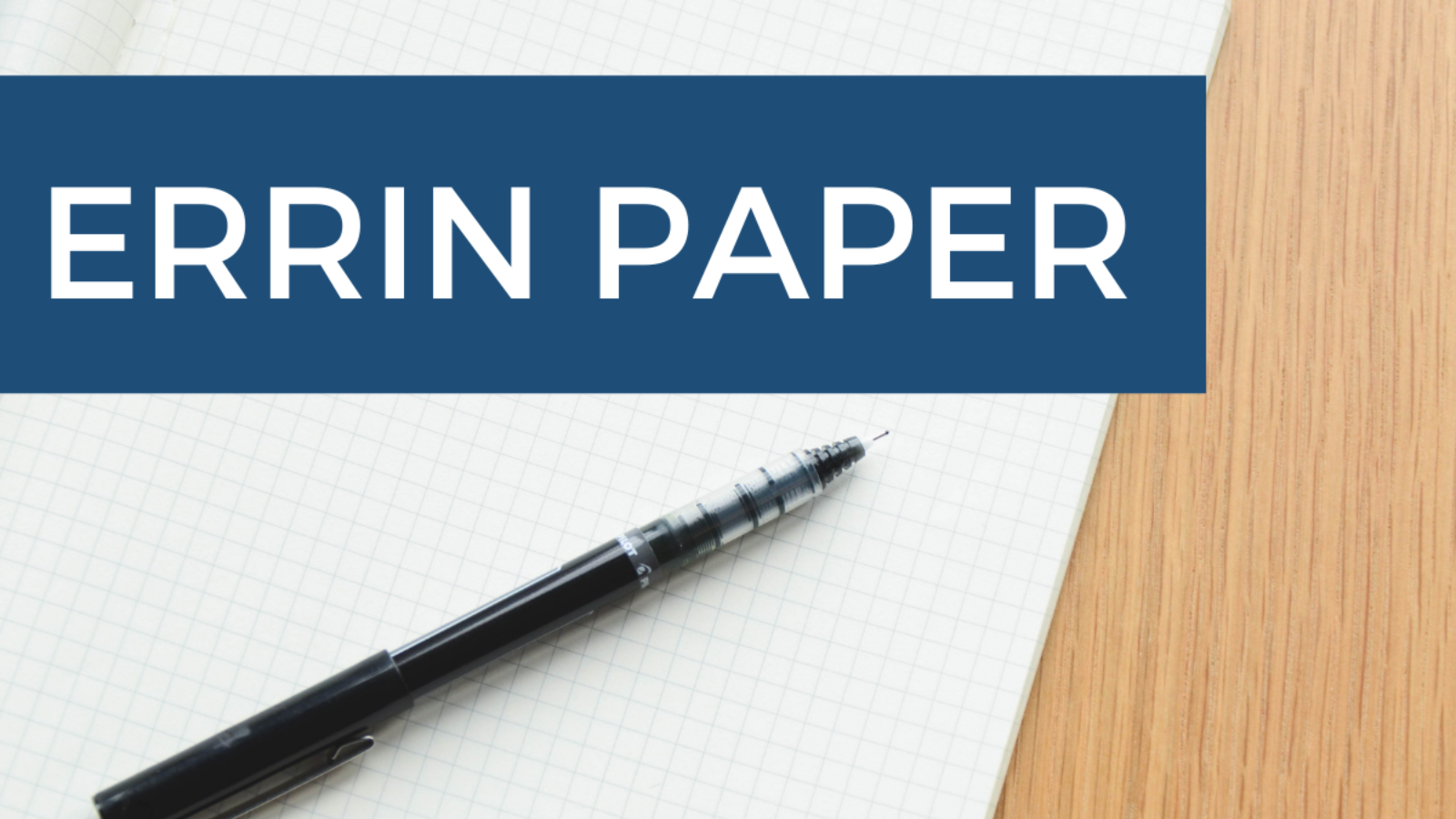
ERRIN Paper Series: Towards the 10th Framework Programme - EU Missions
ERRIN is pleased to launch a series of input papers on the 10th Framework Programme, with this paper focusing on EU Missions.
ERRIN has been closely involved in the design and implementation of the EU Missions since their inception, making them a priority for the network. This input paper on the role of EU Missions in FP10 has been created with contributions from ERRIN members and their ecosystems.
EU Missions are one of the key successes of Horizon Europe, strongly supporting the objectives of the green transition, providing directionality to research and innovation funding and mobilising diverse stakeholders from across Europe. ERRIN strongly supports the continuation of the five EU Missions, and we hope that the messages and recommendations outlined in the paper will contribute to their further implementation.
The following key messages have been developed with the members of the network, highlighting some cross-cutting issues.
- Strengthen the political support and establish a robust governance framework for the EU Missions at the European level, equipped with sufficient resources within the European Commission.
- Establish a European level framework that allows effective multi-level collaboration and coordination for the EU Missions. A more inclusive governance structure and strategic vision are needed, with cities and regions in the driving seat.
- Create a forum for effective collaboration and coordination among the five EU Missions.
- Ensure support frameworks for the EU Missions remain demand-driven, tailoring their support services to local and regional needs.
- Encourage activities that ensure the involvement of the private sector and citizens, fostering a sense of ownership of the Missions’ objectives.
- Integrate Mission objectives and Mission-oriented practices into local and regional policies and strategies. This will create lasting synergies with other sectoral policies and mobilise additional funding and financing sources.
- For FP10, it is imperative that the EU Missions continue to receive support through a dedicated Work Programme. Support for the Missions should also come from other components of the programme, such as European Partnerships.
In addition to these, the paper presents Mission-specific messages and recommendations for each of the five EU Missions.
Read the full paper here.
- Lucy Hammond
- 10/07/2024
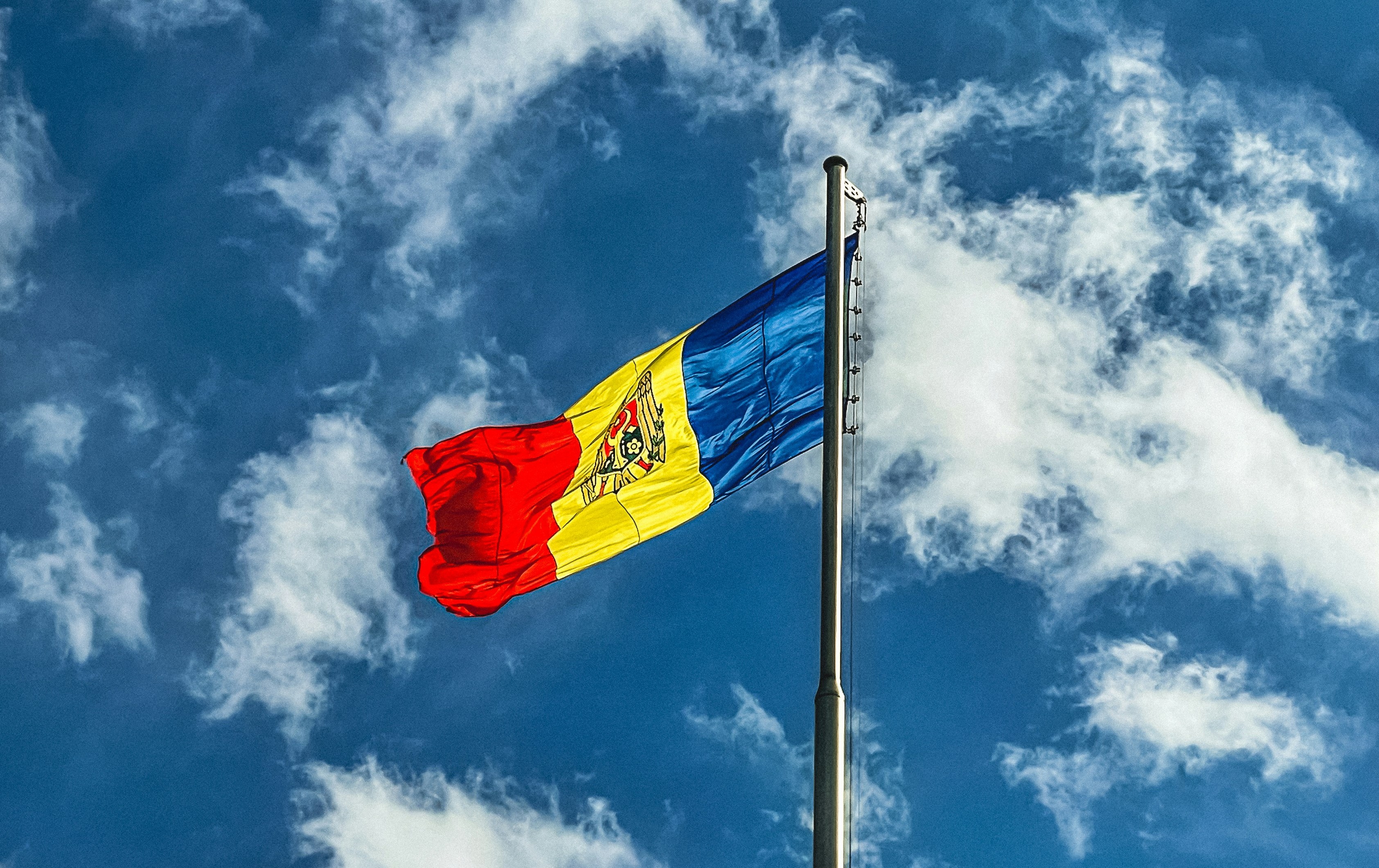
Moldius NGO call for covering ERRIN membership fee
Moldius NGO from Moldova, which will support Ialoveni city and other localities in the Ialoveni district, but later also other districts in the country, is interested in joining the ERRIN network. However, due to a limited budget, the NGO is not able to cover the membership fee, set for associate members at 3090 EUR (2024).
ERRIN members with an interest in cooperation with Moldovan partners and who would be willing to cover the Moldius NGO membership fee, are invited to contact ewa.chomicz@errin.eu . An exchange with the representative from Moldova to discuss such potential engagement beforehand can be arranged.
- Ewa Chomicz
- 10 July 2024
